Weezer is Rife With Experimentation on OK Human
March 8, 2021
Of all the bands signed in the post-Nirvana nineties, Weezer’s success has been arguably the most consistent. The unassuming alternative-rock giants have kept a steady stream of new music and profitable tours in the 27 years since their debut sent the shimmering chords of “Buddy Holly” and “Say It Ain’t So” straight up the pop charts.
I was a huge fan of Weezer in middle school. The reedy, insecure croon of lead singer and songwriter Rivers Cuomo just drew me in–and the band was spectacular too. Their angst-ridden power chords and the dynamics they reach for make their first couple records still sound ambitious today. The most important thing about Weezer was their attitude. They were like rock stars without the star–and barely even the rock. They didn’t hold onto any of the lofty pretensions that classic rock comes saddled with–they just used their music to express themselves, as nerdy and goofy they were.
Their music was already so connected to coming-of-age that the march of time was bound to throw some bumps in the road. Their last two albums, 2017’s Pacific Daydream and their fifth self-titled album released in 2019, come off as confused and derivative. They sounded like a band unsure of their direction and torn between a radio-friendly pop-oriented sound and a darker, somewhat edgier style. What a weird place to be.
Sandwiched between these two bummers was another self-titled album completely made up of classic rock covers by way of Toto’s “Africa” and even Michael Jackson’s “Billie Jean.” I really can’t imagine why they would release this. It comes across as a joke that couldn’t, and shouldn’t, ever even try to land.
This string of bewildered disappointment was in the back of my mind when I came across an ad on my Instagram feed sometime last month for a new Weezer album called OK Human. The promoted post featured the records endearingly detailed line artwork with a soundbite of an acoustic guitar and…strings? Everything about this is out of the ordinary for a Weezer project and I was curious to hear it upon release. This experiment with a new sound turned out to be the most compelling project the band has released in a long time.
The slow, crackling synth intro to the first song and single, “All My Favorite Songs,” sets the hushed mood that OK Human conveys. This is Weezer at their most quiet, intimate, and sparsely composed yet. Many of the songs on the record are completely carried by a small group of chamber strings, light acoustic guitar, and the occasional pitter-patter of Patrick Wilson’s drums.
This is a radically new approach for a Weezer album to take. I immediately thought of singer-songwriter Phoebe Bridgers Copycat Killer EP released late last year that sports stripped back remixes of her songs featuring chamber arrangements and guitar. Listening to that, I was stunned at how well these pop compositions worked in this almost baroque setting. Weezer taps into that same unexpected warmth and honestly on OK Human. If this is a new trend in pop music, I’m all for it.
Production aside, Cuomo’s compositions on this album also walk definitely out of step with what you might expect for a typical alternative rock Weezer song. “Numbers” begins with a low cello sustain and a current of sweeping strings, a stark contrast to the distorted guitars the band usually employs. Cuomo lightly sings: “There’s always a number that’ll make you feel bad about yourself/You try to measure up, try to measure up to somebody else.”
Much of the record’s lyrics focus on Cuomo’s paranoia drawn from the world’s reliance on technology, especially in the age of Covid-19. On “Screens” He sings about a teenage girl spending her whole waking day on devices, with school, homework, and entertainment until her mind is burnt out. The same goes for the old lady up the road, playing solitaire and perusing Facebook to replace real interactions as Cuomo asks “Did she/think she’d go out this way?” While these aren’t especially hot takes on the world of technology, Cuomo doesn’t come across as preachy. He may write in a sometimes jarring and stream-of-consciousness way, but it all feels candid. It’s thoroughly enthralling to hear him explore his thoughts in these songs.
The centerpiece of the record feels like “Bird With a Broken Wing” –a lovely and touching pop song that already feels timeless. The strings soar with reckless abandon and the whole production masterfully exhibits the strength of Cuomo’s songwriting. He follows it with the starkly swinging “Dead Roses” which may very well be my favorite cut on the record. The melody seems to be made for the painful croon of a Frank Sinatra or Tony Bennet type, which is certainly something I’d never before imagined of a Weezer song.
One criticism I would hold to this record is that it comes across as more of a Rivers Cuomo solo album than anything. Cuomo has always been the principal songwriter for the band and certainly serves as their voice but this record has almost none of the markings of a band effort in sight. This doesn’t hinder the album much at all but I can’t help but wonder if Cuomo should have just put this out under his own name, especially considering the personal nature of the music.
OK Human is out of the left field for Weezer, but of all their experiments, this is by far their greatest success. This album proves that the songwriting talent that propelled them to this point was no fluke. They’ve still got the means and the drive to push their music further.



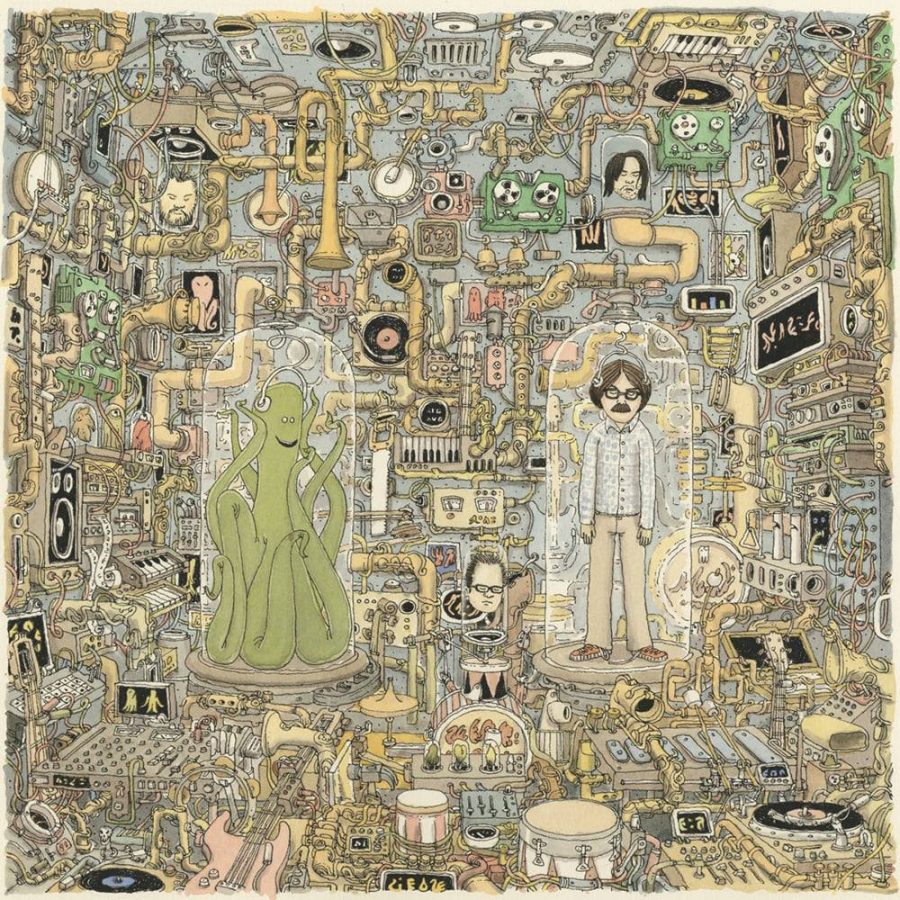

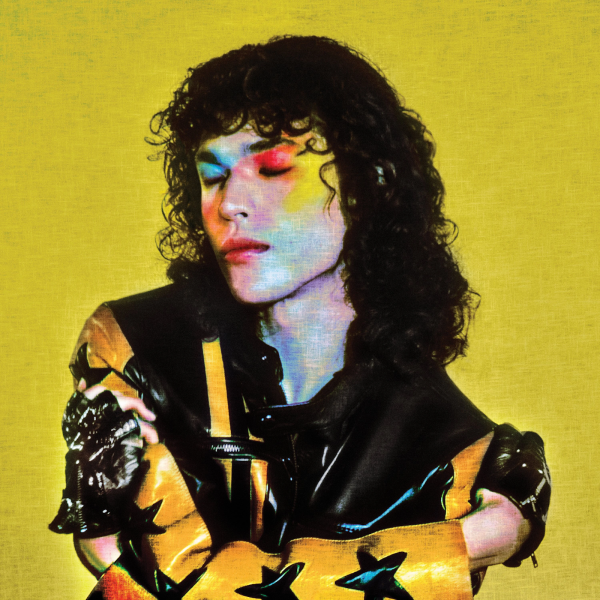


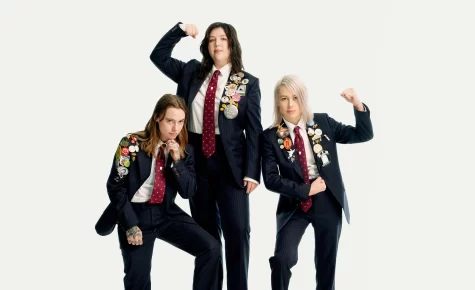
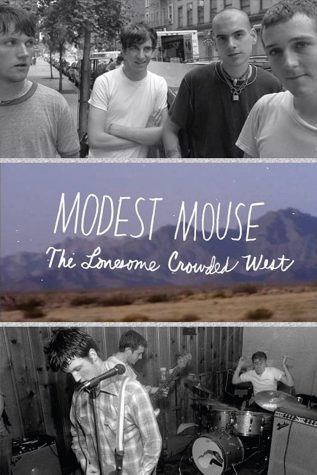


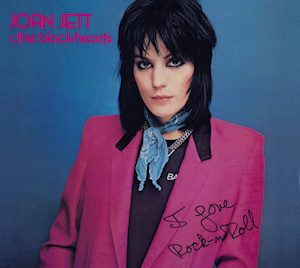



Justin Ellison • Apr 3, 2021 at 5:10 am
Grapes of wrath is my favorite!
Harriet Szanto • Mar 9, 2021 at 10:57 am
Lovely writing even though I have never heard this music.